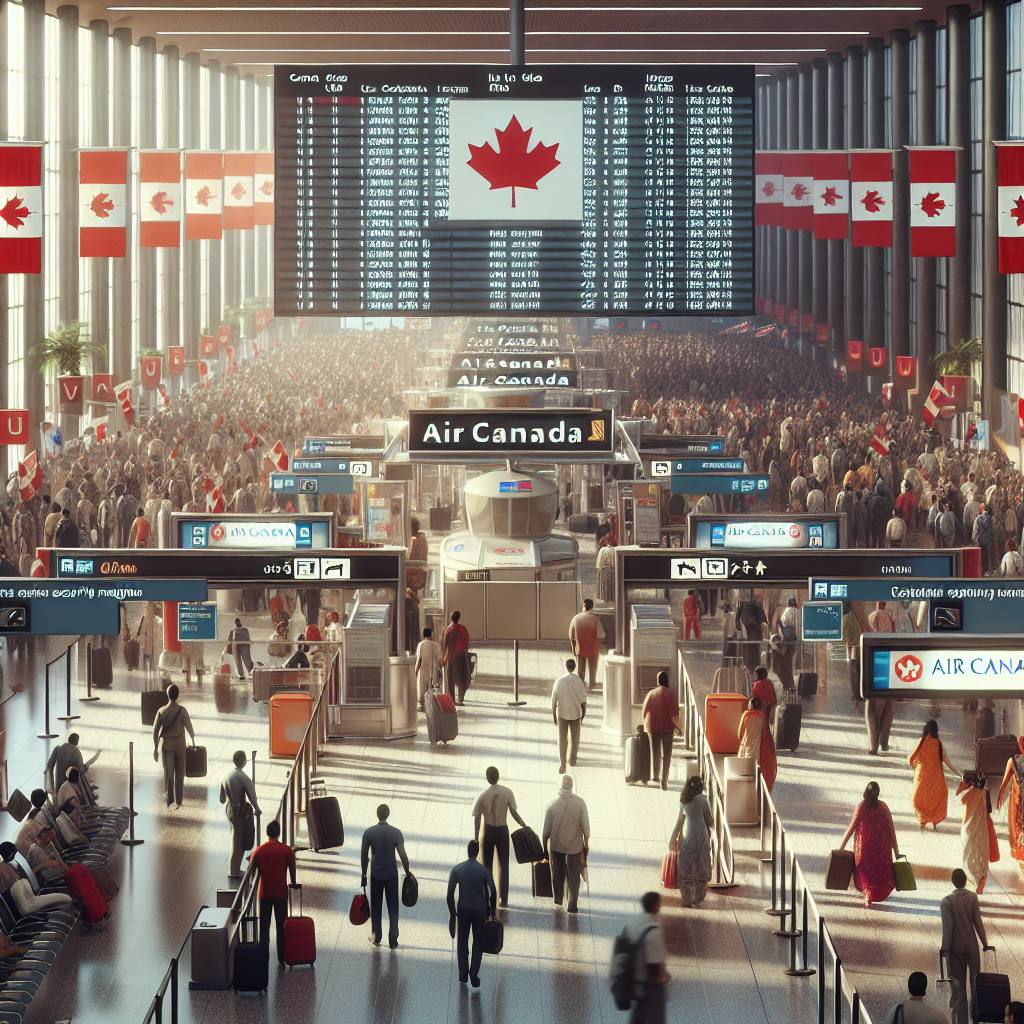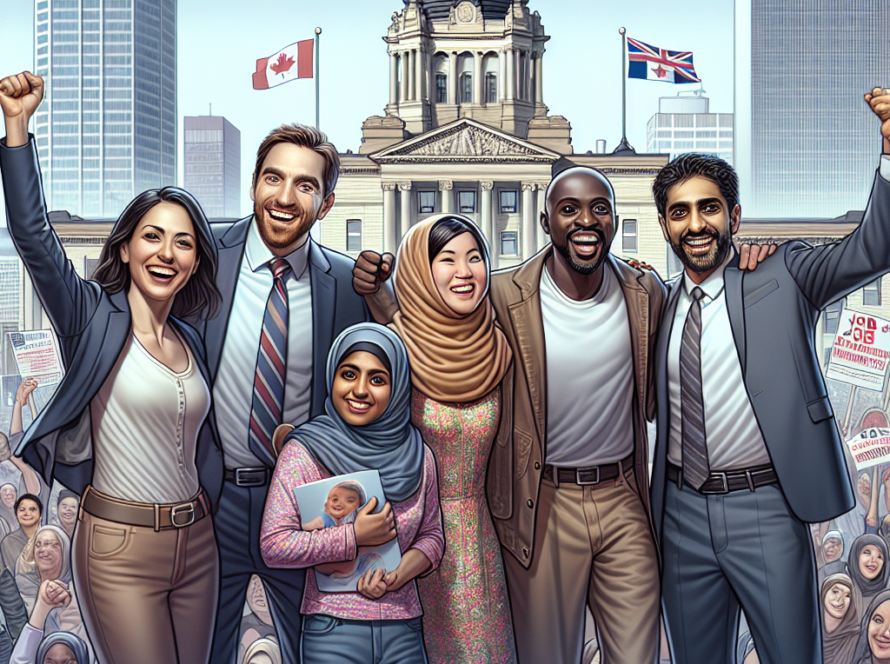Trudeau Government Reinstates Enhanced Screening for India-Bound Travelers

Canada Eases Security Measures for Flights to India Amid Diplomatic Tensions
In a recent turn of events, the Canadian government, under Prime Minister Justin Trudeau’s leadership, has retracted its newly introduced enhanced screening measures for passengers traveling to India. This decision, announced by Transport Minister Anita Anand, comes just days after the Canadian Air Transport Security Authority (CATSA) implemented stricter protocols in response to escalating security concerns.
Context of Security Protocols
The initial decision to impose heightened screenings was spurred by a bomb scare involving an Air India flight from New Delhi to Chicago, which was diverted to Iqaluit. Fortunately, the alert was a false alarm, yet it underscored the urgency for increased safety measures. In anticipation of potential delays, Air Canada proactively informed its passengers about possible disruptions to flights to India.
The Shadow of Diplomatic Strain
This surge in security apprehension coincided with alarming threats from Khalistani activist Gurpatwant Singh Pannun, who warned against flying Air India during a specified period in November, coinciding with what he called the "40th anniversary of the Sikh genocide" in India. Pannun, a dual citizen of Canada and the US, has a history of making similar threats, adding another layer of concern for authorities.
Compounding these security issues are the deteriorating diplomatic relations between Canada and India. The Royal Canadian Mounted Police (RCMP) has implicated Indian government agents in alleged criminal activities within Canadian borders, resulting in reciprocal expulsions of diplomats and heightening tensions between the two nations.
The Balancing Act of Travel and Security
The recent diplomatic frictions have had a tangible impact on travel, particularly at major airports like Toronto Pearson. Alerts about potential screening delays circulated over the weekend, creating uncertainty among travelers. However, it remains unclear whether these warnings were directly tied to the now-rolled-back security measures.
The Trudeau government’s decision to withdraw these enhanced protocols reveals the complexity of navigating international relations alongside domestic safety concerns. It illustrates a delicate balancing act where the need for security must be weighed against the realities of diplomatic engagement.
Conclusion: A Delicate Dance of Diplomacy and Security
As Canada re-evaluates its approach to security in light of international relations, travelers should remain vigilant yet hopeful. The rollback of heightened screening measures may ease immediate travel concerns, but the underlying tensions between Canada and India are likely to linger. For those interested in the intersection of global politics and personal safety, this episode serves as a reminder of the intricate dynamics at play in our increasingly interconnected world.



